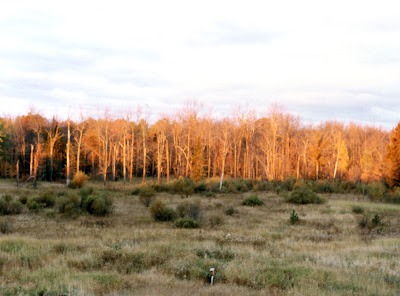David Heiller
Several
years ago I heard a strange thing while on a canoe trip.
Three
buddies and I were camped on an island on Lake Insula in the Boundary Waters Canoe
Area Wilderness. It was mid-May, a beautiful, cool evening, with a full moon on
its way. Loons were calling around the lake. That’s a pretty hard sound to
beat, especially in a remote spot like we were on.
 |
| Malika's loon and baby. |
The
oddest part was that the other loons seemed to rise up and call even louder. I
know it was my human imagination, but they seemed to be laughing at their
weak-voiced competitor. They drowned him out, and he eventually gave up trying.
It was all kind of funny, yet sad too.
Without
a strong voice, that loon had to be at a disadvantage. I wonder what became of
it.
I felt
like that loon last week. It started about Monday, when my voice started
cracking. I knew I wasn’t going through puberty again (thank goodness). “Cold
coming on,” I thought.
On
Tuesday, I took half a day off from more cold-like symptoms, stuffy head,
ringing in my ears. By Wednesday, when I spoke, I felt like I was in an echo
chamber.
 |
| Healthy and happy David. |
That
persisted at home too, and went further. I didn’t want to talk, not about what
happened at work, what I saw, what I read. It hurt to talk, so things went
unsaid. I wasn’t me.
More of
the same on Friday. Big football game, incredible ending, going to the Metrodome,
all I could muster was a raspy, “Wow.”
I didn’t sleep at
all Friday night. I croaked like a chain-smoking whiskey tenor. Cindy insisted that
I go in for a strep throat test on Saturday. I argued that of course. Every guy
has to argue a trip to the doctor. A doctor? No way! I’ll ride it out just like
my great grandpa Cro Magnon used to do. The one that lived to age 43.
Cindy
got out a medical book. “Call your nurse information service or doctor if you’ve
tried self-care but your symptoms haven't improved after 48 hours.” she read.
It only took about two more hours of me thinking about that to see that Cindy
was right. Saturday morning I had the positive strep test results in hand and a
shot of penicillin in my behind.
Then
things got better, as they usually do. My smoldering throat quit burning. The echo chamber went
away. My voice slowly came back to normal. I picked up the fiddle, did chores, told
my wife about that interesting banjo article I had read recently. Everything
seemed more fresh, more interesting. I felt thankful about nothing in
particular and about everything in general.
Getting
sick can be a good thing in a perverse kind of way, and I’ll be the first to
acknowledge that my brief sickness hardly registers as serious. But it made me
appreciate good health, and the simple desire and ability to speak. Like that
loon.














